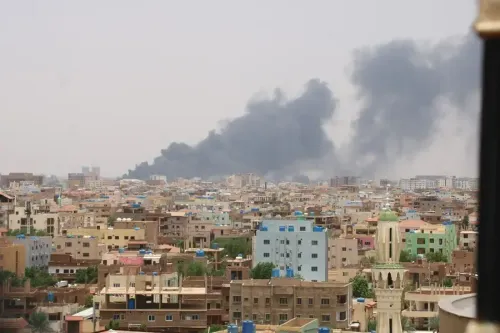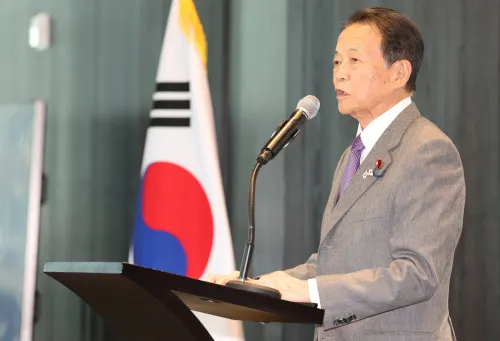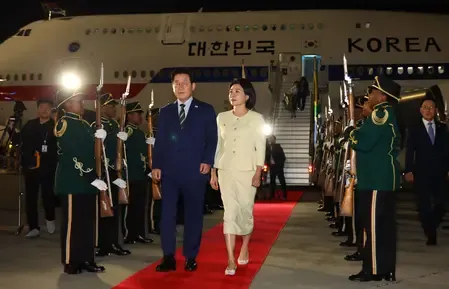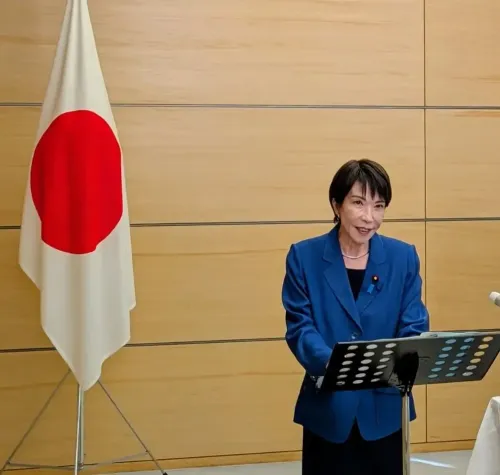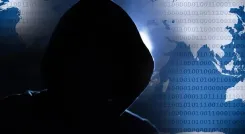What Does the UN Nuclear Watchdog’s Visit to Tehran Mean?
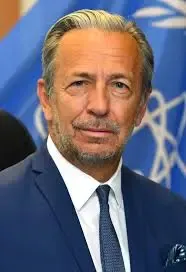
Synopsis
Key Takeaways
- The UN nuclear watchdog's visit marks a crucial step in diplomatic relations.
- Discussions focused on a new framework for cooperation.
- Iran expressed concerns about perceived external aggression.
- The visit follows Iran's suspension of cooperation with the IAEA.
- Geopolitical tensions remain high, affecting nuclear negotiations.
Tehran, Aug 12 (NationPress) A high-ranking official from the UN nuclear watchdog engaged in discussions in Tehran, marking the initial significant visit since Iran halted its collaboration with the agency in June, as reported by state media.
Massimo Aparo, the deputy director general of the International Atomic Energy Agency (IAEA), met with representatives from Iran's Foreign Ministry and nuclear authorities on Monday, according to Xinhua news agency.
The conversations focused on establishing a future framework for cooperation following Tehran's decision to cease its collaboration, Deputy Foreign Minister Kazem Gharibabadi informed the official IRNA news agency. He noted that both parties consented to maintain ongoing consultations.
Gharibabadi also stated that the Iranian delegation expressed concerns regarding the IAEA's failure to adequately address alleged aggression and advocated for revisions to the agency's defective processes related to its nuclear program.
In late June, Iran's parliament suspended cooperation with the IAEA, accusing Israel and the United States of conducting strikes on its nuclear facilities and assassinating scientists earlier that month.
The IAEA’s visit signifies the first to Iran since President Masoud Pezeshkian ordered the suspension of cooperation with the nuclear watchdog on July 3 following a protracted 12-day conflict with Israel.
This conflict also involved the United States launching extensive strikes on Israel’s behalf against critical Iranian nuclear sites.
Pezeshkian conveyed to Al Jazeera last month that Iran is prepared for any future military action from Israel, expressing skepticism regarding the ceasefire between the nations. He affirmed Tehran's commitment to pursuing its nuclear program for peaceful purposes.

